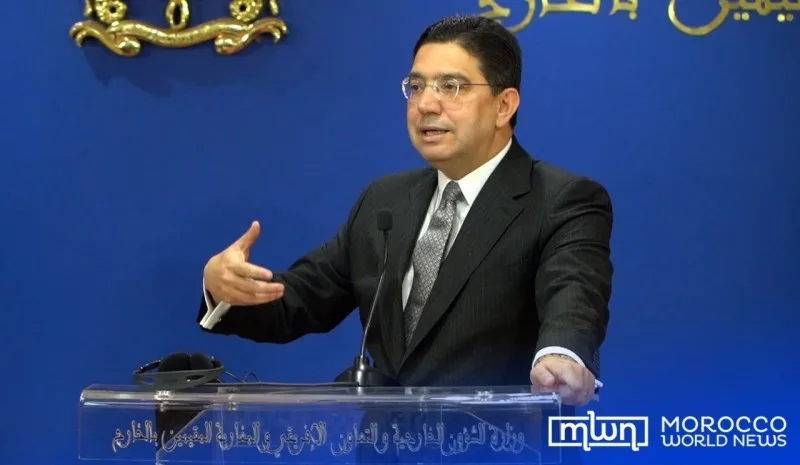Morocco and the European Union have successfully concluded negotiations on amending their agricultural agreement, Foreign Minister Nasser Bourita announced Thursday in Rabat.
Bourita said the agreement will be signed “very shortly in Brussels,” noting that while internal procedures are being finalized, the accord will be applied provisionally from the moment of its signature.
According to the minister, the text “provides the necessary clarifications while fully respecting Morocco’s national fundamentals” and remains faithful to the spirit of the 2018 exchange of letters between the two parties.
He stressed that the deal reaffirms the application of preferential tariffs granted by the EU under the Association Agreement with Morocco to products originating from the southern provinces. In practical terms, the same conditions applied to goods from the north will also apply to products from the Western Sahara.
The amended text also introduces new technical measures requiring clearer labeling of agricultural goods, with packaging set to specify production regions in the south – “Laayoune-Sakia El Hamra” and “Dakhla-Oued Eddahab.”
The agreement further recalls the EU’s 2019 position, which recognized Morocco’s serious and credible efforts on the Western Sahara dispute, and points to subsequent national stances by several EU member states backing Morocco’s autonomy initiative.
“This is not a political accord but a sectoral, commercial, and operational one. Still, it sends strong and clear signals,” Bourita underlined.
He attributed this progress to the “enlightened vision” of King Mohammed VI, through which Morocco’s southern provinces have become “a zone of development, connectivity, and prosperity, a hub of stability and regional growth.”
Bourita cited the growing international interest in the region’s economic activity, including a “strong statement by the United States last week,” the upcoming Morocco-France Economic Forum in Dakhla on October 9, and the British agency UK Export Finance’s planned initiatives.
On a national level, the deal is expected to contribute to Morocco’s agricultural GDP and to support job creation and preservation, particularly in the Western Sahara.
“Naturally, this agreement reinforces the long-standing and solid Morocco-EU strategic partnership,” Bourita said, recalling that Morocco is one of the EU’s most significant trade partners in Africa and the Arab world, with annual exchanges exceeding €60 billion, covering industrial goods, equipment, and agricultural products.
He added that while trade and agriculture are central to Morocco’s economy, the EU partnership also extends across political, social, environmental, migration, mobility, security, digital, and cultural domains.
At a time of regional complexity and structural crises, Bourita concluded, this incremental step allows Morocco and the EU to look to their shared future “with confidence and ambition,” preparing joint milestones, revitalizing frameworks such as the Association Council, and laying the foundations for a deeper strategic partnership in the years ahead.
MWN with MAP
